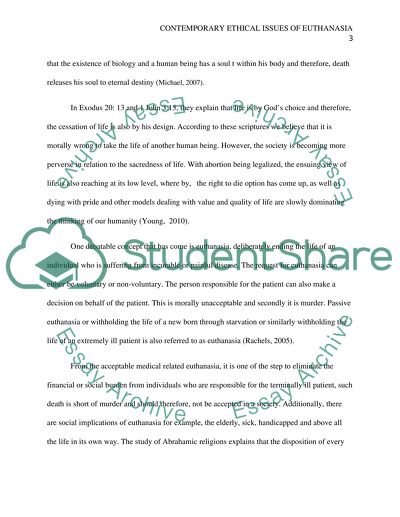Cite this document
(“Contemporary ethical issues of Euthanasia Research Paper”, n.d.)
Retrieved from https://studentshare.org/religion-and-theology/1434248-contemporary-ethical-issues-of-euthanasia
Retrieved from https://studentshare.org/religion-and-theology/1434248-contemporary-ethical-issues-of-euthanasia
(Contemporary Ethical Issues of Euthanasia Research Paper)
https://studentshare.org/religion-and-theology/1434248-contemporary-ethical-issues-of-euthanasia.
https://studentshare.org/religion-and-theology/1434248-contemporary-ethical-issues-of-euthanasia.
“Contemporary Ethical Issues of Euthanasia Research Paper”, n.d. https://studentshare.org/religion-and-theology/1434248-contemporary-ethical-issues-of-euthanasia.


